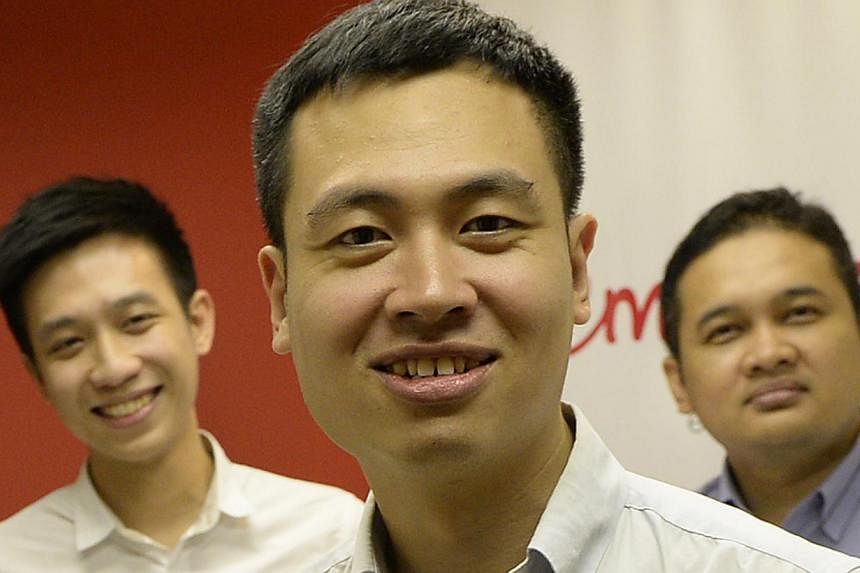Bettr Barista is not your usual coffee academy. Set up by Ms Pamela Chng in 2011, it helps at-risk youth and disadvantaged women hone their coffee-making skills. On top of that, participants get training in areas such as emotional management and physical development.
More people like Ms Chng have been setting up social enterprises here in recent years so they can do good while making money.
The Social Enterprise Association - the national body which champions such efforts - had about 220 social enterprises among its members as at July, a 20 per cent increase from January. These range from restaurants to retailers and consultancy firms.
They usually provide jobs to the needy or plough profits back into funding social programmes - but they all use business strategies to advance a social cause.
While there are no official figures, the association's executive director, Mr Alfie Othman, estimates that the total number of social enterprises here has grown to about 350 to 400 here, a 30 per cent increase over last year.
Social enterprise competitions and incubator programmes have also mushroomed in tandem.
"The increase could be due to more awareness of a social enterprise's business model... and more start-ups or entrepreneurs preferring to create impact together with profits," Mr Alfie said.
Mr Peter Yang, founder of social enterprise Empact, which works with corporate professionals to provide their skills and services to social organisations, agreed.
"The definition of success has changed and people want more fulfilment," he said.
Pasir Ris-Punggol GRC MP Penny Low said that people were looking for more than just work-life balance. "They also demand a certain degree of ethics in business and are conscientious of the DNA of the company they work for," she added
Ms Low is the founder of Social Innovation Park, a non-profit organisation that helps incubate social entrepreneurs.
While the growth of social enterprise here is seen by most as positive, some people feel that it is time for some rules in the largely unregulated sector. Several readers wrote to The Straits Times Forum Page last month with mixed views on the topic.
Some said regulation could increase costs and stifle social entrepreneurs.
Others, like Mr John Tan, chairman of Reverse Co-operative, which provides jobs to the elderly, said regulation was necessary to "weed out business start-ups disguised as do-good enterprises".
For now, the social enterprise landscape is "still in its infancy", said a spokesman for the Ministry of Social and Family Development. "Whether or not new or additional regulations are needed in future depends on how the sector evolves."
Added Mr Alfie: "We feel that the sector is still new and we would want to take small steps on regulation."



